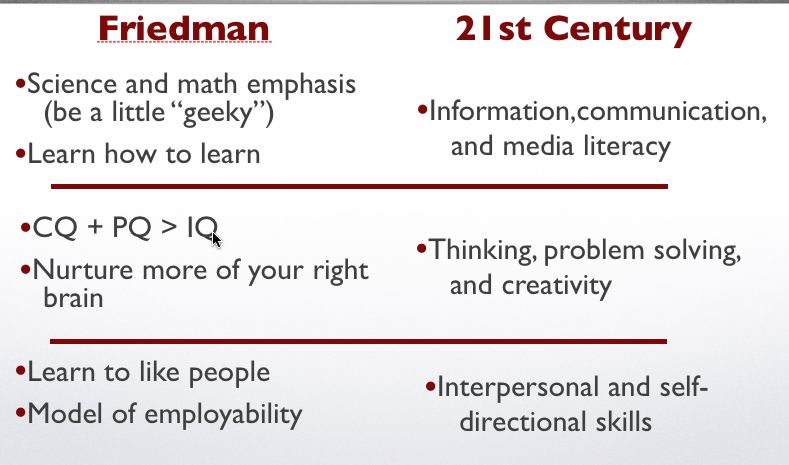Thanks to John and Tom for pointing me to the new collection of Life photos available through Google Image search. Both of them ask the same question: what about the copyright? And rightly so since there is nothing on the page itself to help a general user figure it out. The Google blog is excited about the images but doesn’t seem to think copyright is an important enough issue to mention.
My gut reaction as someone who talks to educators about copyright* is that the pre-1920 photographs are in the public domain since their copyright has expired. Of course, I suppose that Life would claim they own the digital files, but since they are simply recreations of the original file rather than significant transformations, I’m not sure that argument would hold out. The newer photos would be covered by traditional copyright so if teachers and students wished to use them for purposes not covered by fair use, they would have to ask for permission.
I decided to test out my gut reaction by seeing what others were saying. Search Engine Land quotes the press release:
LIFE’s Photo Archive will be scanned and available on Google Image Search free for personal and research purposes. Copyright and ownership of all images will remain with Time Inc.
But, they also point out that the FAQ page offers a different take on possible uses:
What can I do with the images I find from the LIFE photo archive?
You can browse and view the images you find, rate them, and see detailed information about the photographs. There is also a link to buy image merchandise provided by LIFE.
Poking a bit more, I found Slashdot’s report of the images. It doesn’t talk about copyright, but copyright is discussed in the comments. At least one commenter agrees with me about the public domain status of the older photos. But he also points out that proving public domain for the digital images would involve a costly legal battle.
This gets to the heart of the problem with copyright: it’s all grey area. The US Copyright Office makes it clear: “The distinction between “fair use” and infringement may be unclear and not easily defined.” I generally tell people that their fair use rights end when they post a project to the web. And the distinction between the photo and its digital image seems a pretty grey area as well.
John recommends that, in order to stay safe and legal, it would be best to use them only for personal use. And the rational part of me agrees. But the irrational part is a little annoyed. Shame on Google and Life for not being more clear about the copyright! These are iconic images and for students and teachers learning about history, being able to use these photos in multimedia projects would be wonderful. As John also wisely suggested, a Creative Commons license would make this so much easier. Non-commercial uses could be permitted while commercial uses, which is clearly what Life is going for here, could be controlled. What’s to lose?
*I’ll tell you the same thing I tell my audiences: I’m really liberal and I’m not a lawyer. I think teachers and students should be able to do whatever they want with materials they find as long as they are using them for educational purposes.
